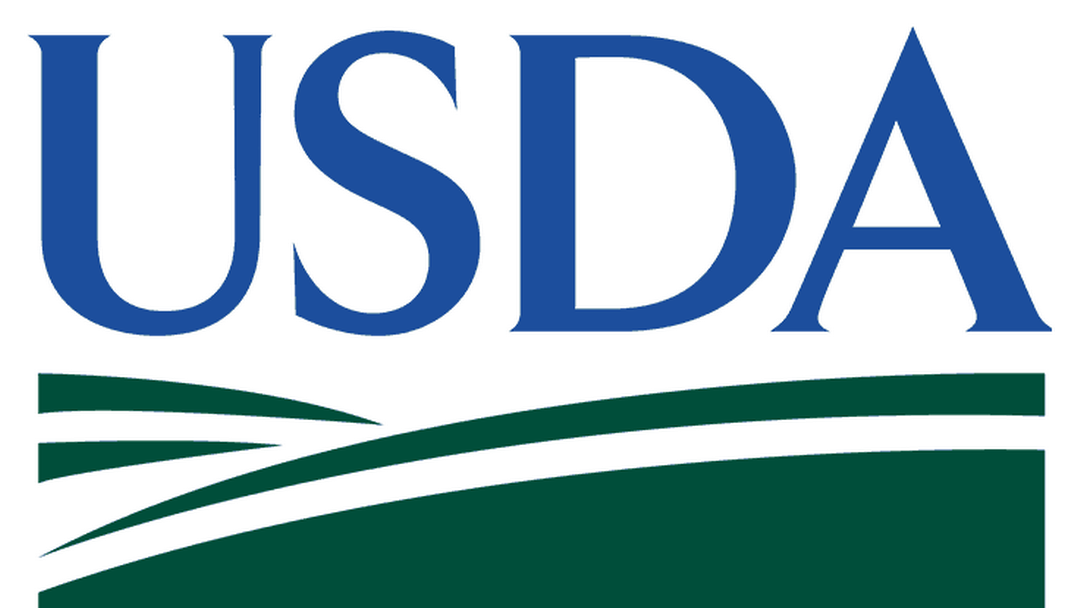USDA Launches Nutrition Hub to Combat Diet-Related Diseases in Underserved Communities at the SU Ag Center

Alexandria, La. – The U.S. Department of Agriculture (USDA) announced the opening of a pilot Nutrition Hub under the Agricultural Science Center of Excellence for Nutrition and Diet for Better Health (ASCEND for Better Health) initiative on September 28, 2023, during the Southern University Agricultural Research and Extension Center’s (Southern University Ag Center) Annual Small Farmers Conference. The Nutrition Hub is launched in partnership with the Southern University Ag Center, the host of the USDA-funded 1890 Center of Excellence for Nutrition, Health, Wellness and Quality of Life.
The USDA’s new Nutrition Hub, which was informed by community conversations, will be an engine for providing science-based, nutrition-related information at the community level, particularly in underserved communities disproportionately impacted by diet-related chronic diseases such as obesity, type 2 diabetes, and certain cancers. Future hubs will concentrate their efforts on additional high-need communities. The USDA is following the successful Climate Hubs model that reaches more than 20,000 people yearly. The regional hub network links USDA research and programs to deliver timely, tailored, and authoritative information and decision-making tools.
The Nutrition Hub supports commitments made during the historic White House Conference on Hunger, Nutrition and Health, which outlined a strategy to prioritize the role of nutrition and food security in overall health including disease prevention and management. It also supports President Biden’s Cancer Moonshot effort to end cancer as we know it by advancing cancer prevention given that an estimated 30 to 50% of all cancers are preventable through healthy eating and lifestyle changes. Through dedicated outreach and engagement efforts, the Hub strives to improve health equity by enabling community members to better understand and integrate USDA-funded nutrition research in culturally responsive ways.
The USDA will leverage the Nutrition Hub to increase the impact of its collective human nutrition research programs, develop more precise science-based solutions and resources, and advance the public’s understanding of real-world opportunities and challenges around food, nutrition, and diet-related health disparities.
“USDA’s Nutrition Hub promotes health equity for underserved communities powered by more precise nutrition research,” said Dr. Chavonda Jacobs-Young, USDA Chief Scientist and Under Secretary for Research, Education and Economics. “Through this new Hub, we are changing the food landscape by being intentional and thoughtful about ensuring communities have equitable access to the resources they need to enjoy a healthy lifestyle.”
The USDA’s Agricultural Research Service (ARS) and the National Institute of Food and Agriculture (NIFA) are investing $1 million to hire two full-time Nutrition Hub Co-Directors, one employed by ARS, and one employed by the Southern University Ag Center. This leadership structure enables a close partnership between the USDA and the Southern University Ag Center to plan and carry out Hub activities that leverage the strengths, resources, and relationships of both organizations. The funding will also support a full-time graduate student from Southern University.
“The Southern University Agricultural Research and Extension Center is extremely excited and honored to be the first university to house a USDA Nutrition Hub,” said Dr. Orlando F. McMeans, Chancellor-Dean of the Southern University Ag Center and the College of Ag. “This Hub will not only assist in combating diet-related chronic diseases in underserved communities, but it will also provide our students with the experience needed to build a workforce of nutritionists, researchers, and extension agents that will aid in closing the nutrition gap in at-risk communities.”
The Nutrition Hub will:
- Develop and share science-based nutrition information and connect communities with food and nutrition security and economic vitality programs.
- Develop relationships and partnerships with organizations that serve African-American communities and clearly define community needs and opportunities around food and nutrition.
- Foster research and training opportunities in human nutrition research, particularly in underserved and underrepresented communities.
- Build current and future workforce capacity to enhance collaborations between research and those working on the front lines of community nutrition and health.
Diet-related chronic diseases are prevalent among Americans and pose a major public health problem. Today, 6 in 10 people have at least one chronic disease, and 4 in 10 people have two or more chronic diseases. These diseases significantly reduce the quality and quantity of life, but many are largely preventable through proper nutrition and healthy living. The primary goal of the Nutrition Hub is to translate nutrition research into impactful solutions that improve public health and well-being, particularly in underserved communities.
The USDA continues to enhance its research focus on precision nutrition science to better understand the needs of underserved communities. This research complements the USDA’s efforts to advance food and nutrition security by providing consistent and equitable access to healthy, safe, and affordable foods essential to optimal health and well-being.
As part of its commitment to ensure equitable access to USDA programs and information, the USDA co-hosted four in-person community engagements earlier this year to hear about unique food-related challenges and opportunities in local communities. The USDA partnered with Southern University Ag Center, Texas A&M International University and Texas A&M Institute for Advancing Health Through Agriculture, United Tribes Technical College, and 4-H to hold events focused on food, nutrition, and health in African-American, Hispanic, Native American, and youth-based communities.
Feedback from those sessions can inform future research, education, Extension, and program efforts that increase food and nutrition security, health equity, and well-being of all Americans in ways that recognize and leverage the unique aspects of both individuals and communities.
Alexis Motley, Dietetic Internship Director at the SU College of Agricultural, Human and Environmental Sciences served as a panelist during the USDA’s ASCEND for Better Health virtual Zoom event held on September 28 following the announcement. This event convened food, nutrition, and health experts to discuss how to create healthier communities and included a live, healthy cooking demonstration.
The Southern University Agricultural Research and Extension Center is the fifth campus of the Southern University and A&M College System. The System is the only historically black university system in America and is also an 1890 land-grant university.
For additional information on the Southern University Ag Center visit, www.suagcenter.com, to learn more about the USDA visit, www.usda.gov.
This press release was written with information provided by the USDA.
